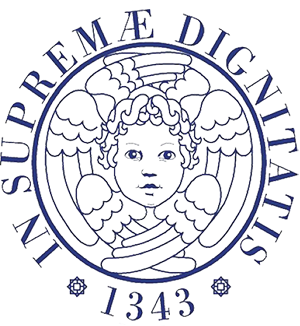Definition:
Ileal duct (IC) is one of the most commonly used urinary deviations (urine drainage system) in patients where the bladder is removed. It consists of a small intestine segment, connected on one side to the skin and on the other on the ureter: it guarantees the elimination of the urine from the kidneys outside, where they are conveyed to a collector (“bag”). The endoscopic IC study is done by means of a fiber optic instrument, with flowing of liquid within the IC to dilate it and allow its evaluation with the help of a light source.
Indications:
An endoscopic IC study may be needed in two cases:
- To cannulate ureters in case of expansion of the reno-ureteral axis due to dilatation caused by various type urethral obstruction (therapeutic indications);
- In the suspected neoplasia within the ileal duct (diagnostic indication only).
In the first case, the maneuver is rarely indicated and is unlikely to succeed because it is very difficult to identify point-like structures such as urethral hosts within the ileal wall, rich in graft and villi, unless a nephrostomy has been positioned and, thanks to the access allowed by it, the “ante retrograde” catheterization of the ureter-CI junction may be performed. If this maneuver fails, there is nothing left to leave a nephrostomy to ensure urine drainage or to surgically correct the obstruction.
In the second case, the maneuver is performed more often in case of hematuria in the suspect of an emerging neoplasm within the derivation: cancerization is in fact a well-known complication of the urinary tract in which the intestine is used.
Technical Description:
Through the skin medium of the ileal stoma, mostly without anesthesia or mild sedation, a cystoscope or a flexible nephroscope is introduced. The entire ileal duct is explored, as much as it allows to in the search for any atypical areas (if there is a suspected neoplasia) or a guide wire in the duct via percutaneous nephrostomy in case of a stenosis of the ureter-ileal system.
Once identified and the guide wire extracted, the stenotic tract is dilated with the appropriate techniques, described elsewhere.
Preparation for intervention:
Antibiotic prophylaxis is almost always necessary. It is very useful before the endoscopy to wash the duct in order to remove the mucus accumulations that make endoscopic vision difficult.
Duration of intervention:
Is very variable in relation to the local conditions in which the duct is located and in relation to the purpose of the intervention.
Type and duration of hospitalization:
An ordinary hospital stay of a few days (2-5) is preferred.
Results:
They are not always satisfactory: in case endoscopy has a diagnostic purpose, the investigation is only valid in the case of the positivity of the finding. In case endoscopy serves to treat a stenosis of the urethral system positive results of endo-urethroplasty in the literature just exceed 50%.
Advantages:
This is a mini-invasive procedure that can be very useful both as a diagnostic procedure and as a therapy.
Disadvantages:
The negativeness of the finding does not correspond in all cases to absence of pathology because there are loop zones that are not always possible to be explored. The results of the endoscopic treatment of urethral stenosis in the ileal implant are still unsatisfactory.
Side effects:
A slight hematuria in the days following the treatment is often present.
Complications:
Possible complications of the operation are bleeding and the risk of perforation of the IC, whose wall is thin and more fragile than the bladder wall.
At discharge:
Nothing particular rather than the antibiotic therapy to last for 5-7 days.
How to behave in case of complications arising after discharge:
If fever or abdominal pain appears, refer to the urological center of reference.
Checks:
Checks are related to the diagnosis made.

